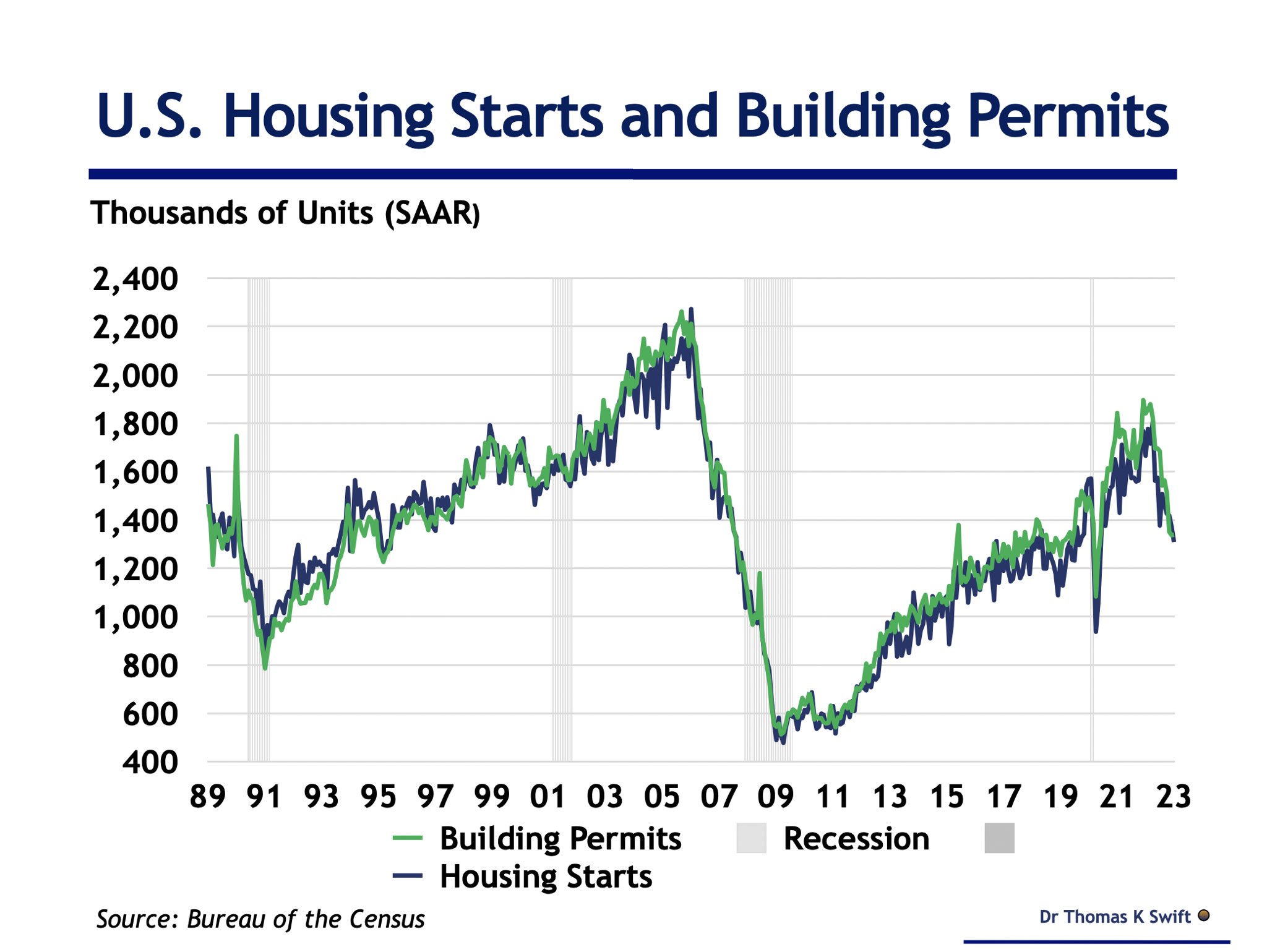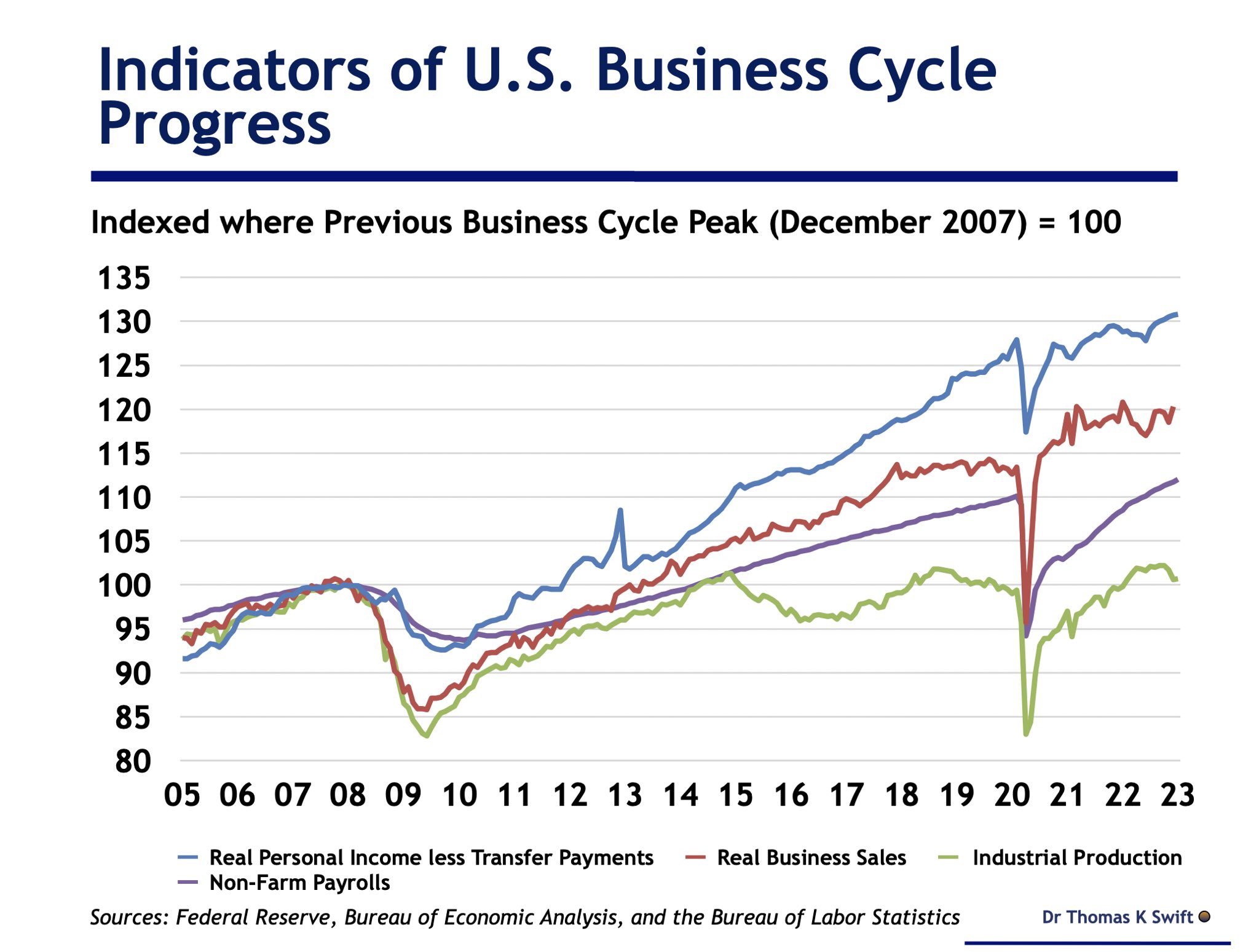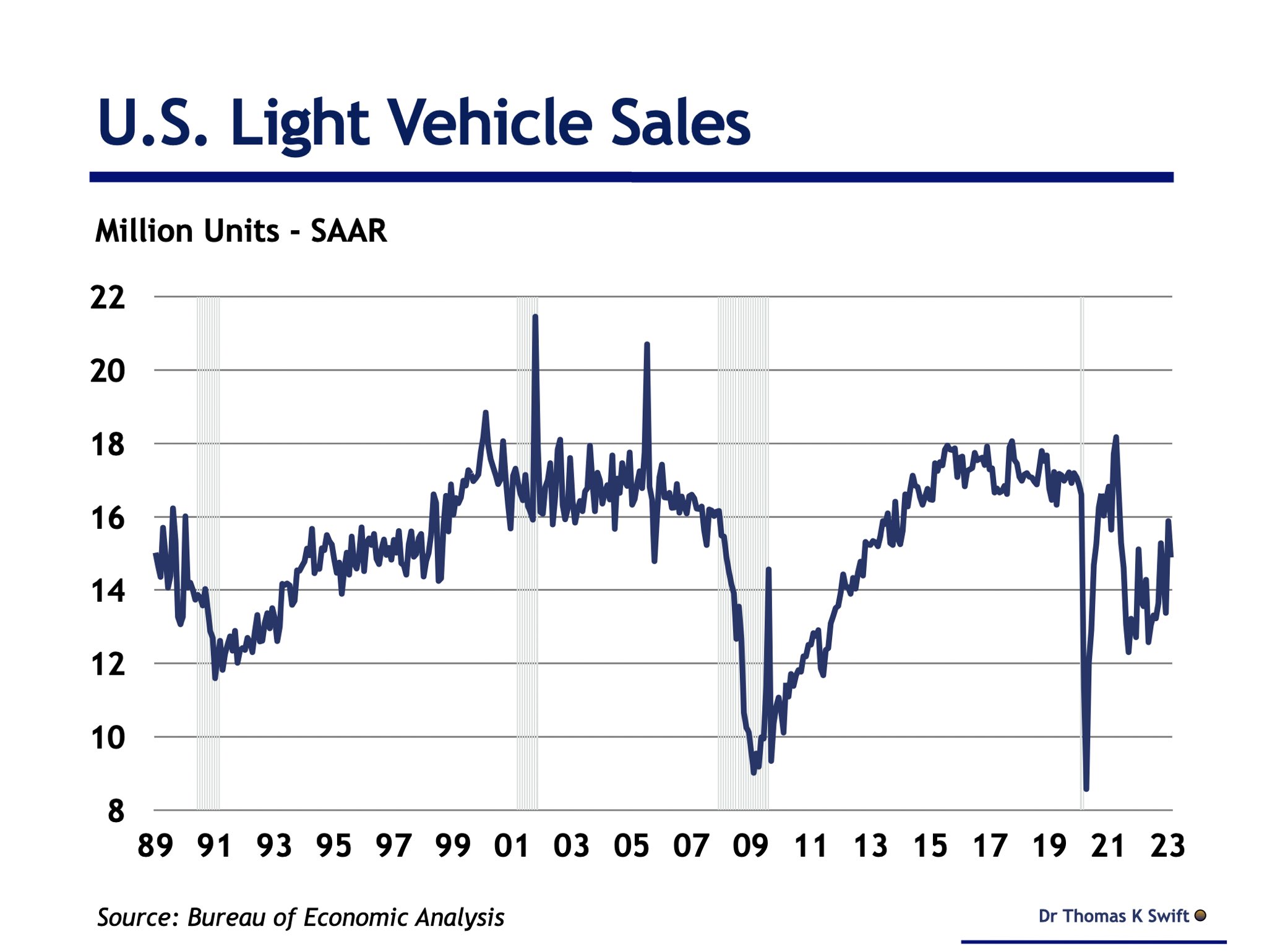Every once in awhile I have the opportunity to get out of the office and speak to college chemical engineering students and a common element of my prepared remarks is an overview of the chemical processing industry in terms of headwinds and tailwinds. I figured maybe that would be broadly interesting information so I’m going to try and provide a once-a-month or once-quarterly market update.
Jobs:
From a jobs perspective, this year is off to a slower start than 2022, but there are still a significant number of openings. One thing we are starting to notice is that the roles that are open are the ones in less broadly desirable locations, while openings in more broadly desirable areas (cities, mostly) are dwindling. This could be a short-term quirk or evidence of something else, time will tell. My sense is that the last two years in chemical processing were a big game of musical chairs – I do not have any reason to believe that the industry has over-hired engineers and the talent war, based on the data we have access to, has shifted from mid-career engineers, to junior-level engineers, which suggests that companies have largely given up on trying to attract mid-career engineers.
Data:
Dr. Kevin Thomas Swift is probably the single best economist to follow in terms of the chemical processing industry because he was, at one time, the lead economist for the American Chemistry Council and he is now the Lead Economic for ICIS. You can follow him on Twitter or on LinkedIn. He regularly puts out important economic data related to the chemical processing industry. Here are some of his latest graphs:



As I scan the news it is difficult to make heads or tails of where the general economy is, including the chemical processing industry. Another economist that I like to follow is Brian Wesbury, Chief Economist with First Trust Portfolios. I find his analysis to be level-headed most of the time. He recently posted a blog about how he finds the economic-direction to be difficult to discern as well. Their overall tone is that they expect a recession by the end of the 2023.
Conclusion:
I know one thing – the job market could not continue like it was in 2021-2022 for very long. The data I gathered for my chemical engineering compensation report in January indicated that the year-over-year increase in the median salary for someone with 0-5 years of experience was 14.6% from early 2022 to early 2023. Typical increases in 2-year periods prior to 2022 were 3-5%/yr. The chemical process industry is being squeezed in some unique ways because so many ChemEs have retired while fewer and fewer have graduated; a problem that has been growing for the past 25 years. It is partly because of this that the industry seems to have an insatiable demand, but it is also adapting through innovation, requiring less and less engineering professionals to run things. Nevertheless, the balance is still tipped to one side, with more companies with job openings they can’t attract talent to, and so compensation continues to go up and up and up. I don’t see this changing much in the near term. Even as the economy contracts, engineering talent is still scarce.

